
Pain related to bowel movements often occurs when the muscles of the gastrointestinal tract and anus are affected by some disease, though it may be experienced as stomach pain after a bowel movement, or as lower back pain, as well.
Causes of pain after a bowel movement
Several medical conditions can cause pain during or after a bowel movement, and these disorders include irritable bowel syndrome, proctitis, cholecystitis, Crohn's disease, ulcerative colitis and hemorrhoids.
Irritable bowel syndrome is a fairly common but painful condition in which the muscular lining of the intestine contracts very rapidly. Because of that, the foods a person ingested pass through the gastrointestinal tract rapidly, not leaving the body a chance to absorb sufficient nutrients. The muscle spasms can cause cramps while pooping, and persist even after a bowel movement. The result, obviously, is pain.
Irritable bowel syndrome also often causes frequent diarrhea, weight loss, anemia, and even anal bleeding.
Another cause of pain after bowel movements is proctitis, which is a medical term for the inflammation of the anus and the rectal lining. People who develop proctitis often experience soreness in the anal and rectal region, as well as pain during and after bowel movements. Furthermore, involuntary spasms, constipation, bleeding, and discharge from the anal area are also some of the more common symptoms of proctitis.
Cholescystitis is a medical term for the development of gallstones in the gallbladder. If the bile contains gallstones, bowel movements can become painful and the pain can persist after you finish your bowel movement.
Abdominal pain after a bowel movement may also be caused by two other disorders: Crohn's disease and ulcerative colitis. Crohn’s disease causes spasmodic movement of the intestine, while ulcerative colitis leads to an inflammation of the whole intestinal lining. Therefore, pain after a bowel movement is inevitable, though patients may also experience pain and cramping before a going to the toilet.
Hemorrhoids are yet another common cause of pain after a bowel movement. They occur when the veins in the area of the anus and rectum swell. Hemorrhoids usually cause sharp pain.
Moreover, numerous other conditions may be responsible for the occurrence of pain after bowel movements, bloating after bowel movements, or cramps while pooping. For example, cancer, lactose intolerance, and viral hepatitis, as well as constipation, hiatal hernia and gastritis can all lead to these unpleasant and worrying symptoms during or after producing stool.
Not all conditions that cause pain during or after a bowel movement are serious, but because some can be, it is important to see a doctor if you intermittently experience this symptom or have consistently been in pain after passing stool for more than a few days.
Treatment for pain after bowel movements: What can you do to make passing stool easier?
It is important for anyone who experiences discomfort while popping or pain after bowel movements to visit a doctor to get to the bottom of what is causing the symptom. Depending on the nature of your condition, your doctor may be able to diagnose it quickly, or you may need to undergo a battery of tests to find out more. The treatment, as always, depends on the cause, but one thing is clear — without a correct diagnosis, that treatment will not be available to you.


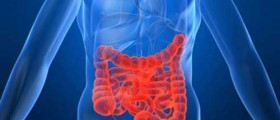



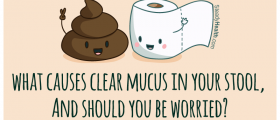
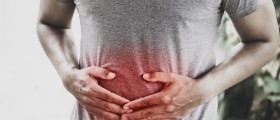





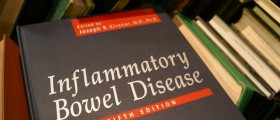

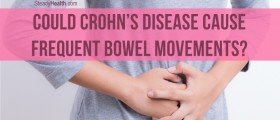
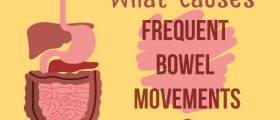
Your thoughts on this
Loading...